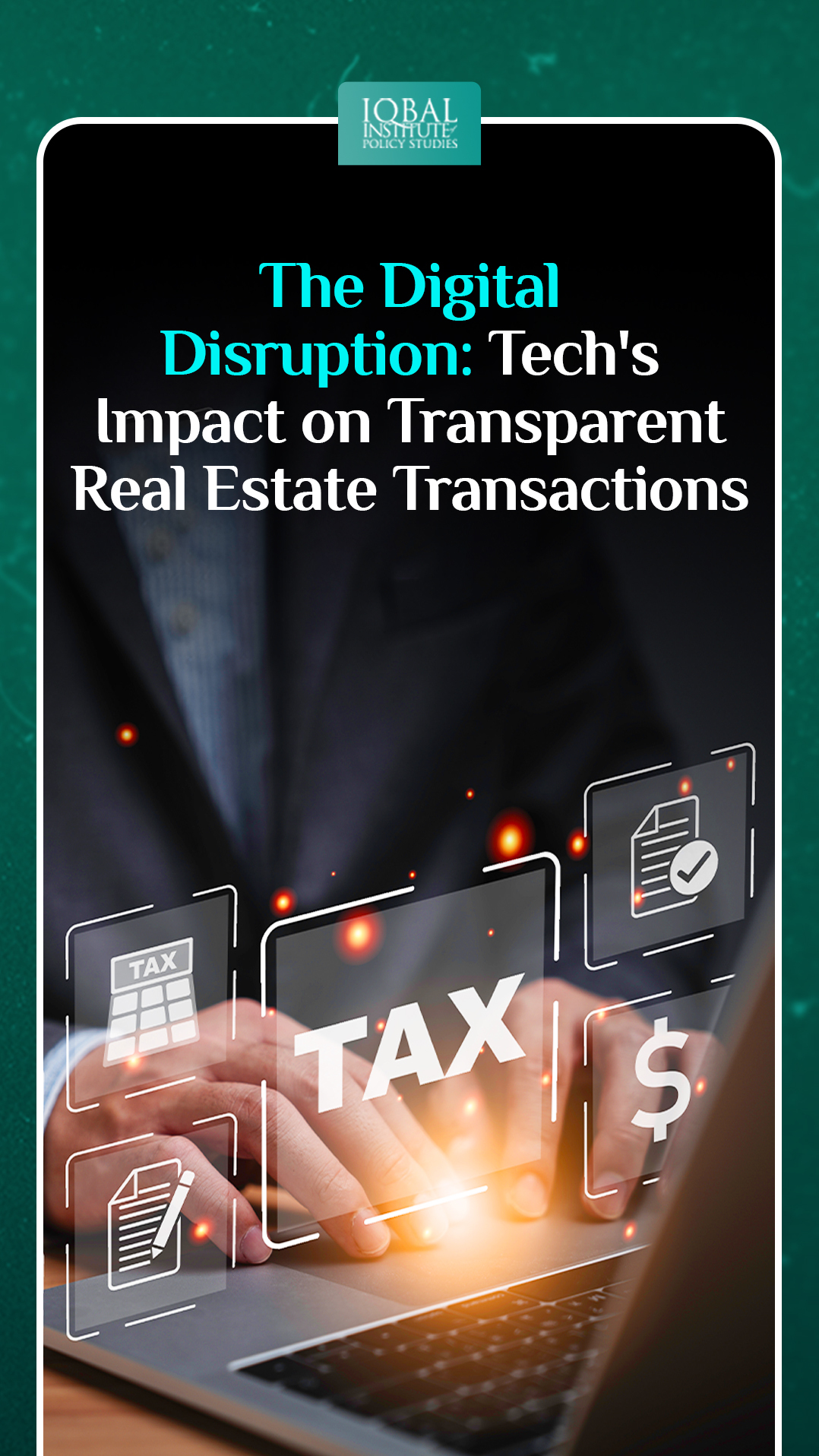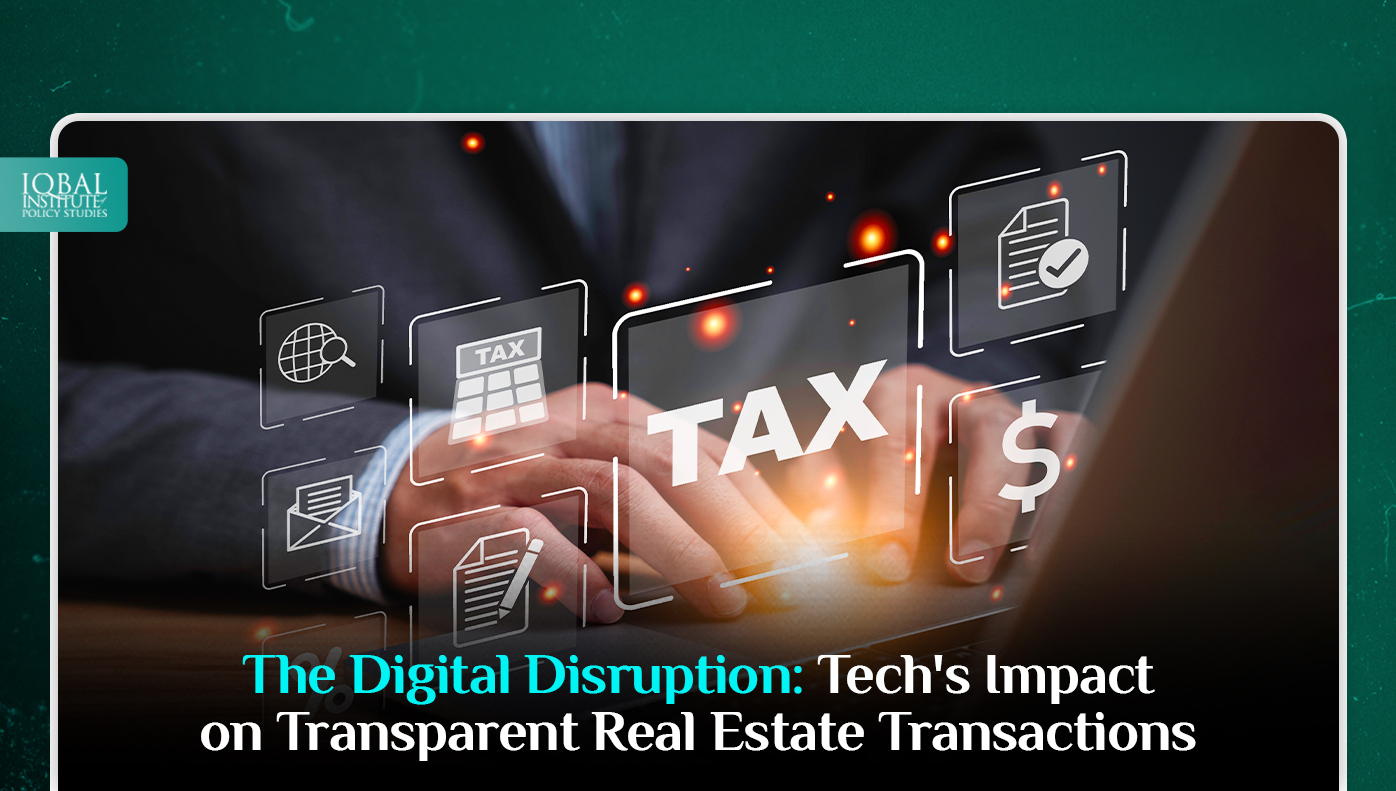In an era defined by technological advancement, industries across the board are experiencing transformation like never before. The real estate sector is no exception, as it undergoes a significant digital disruption that is reshaping the way properties are bought, sold, and managed. One of the most notable aspects of this transformation is the increased emphasis on transparent real estate transactions, made possible by innovative technologies that are redefining the industry landscape.
The Traditional Real Estate Landscape
Historically, real estate transactions have been characterized by a lack of transparency, often leaving buyers and sellers in the dark about crucial details. This opaqueness was partly due to the complexity of the process and the intermediaries involved, such as real estate agents and brokers. Buyers and sellers had limited access to information, and this information asymmetry could lead to misunderstandings, distrust, and even legal disputes.
The Rise of Transparency Through Technology
The advent of technology has revolutionized the way real estate transactions take place. The integration of digital tools and platforms has paved the way for increased transparency, transforming the industry’s dynamics and fostering a more informed and empowered community of buyers and sellers. Here’s how technology is driving this change:
Online Listing Platforms
Real estate listing websites and platforms like Zillow, Trulia, and Realtor.com have become central hubs for property information. These platforms offer comprehensive property listings, complete with detailed descriptions, high-quality images, virtual tours, and sometimes even 3D walkthroughs. Buyers can explore properties remotely and gain a comprehensive understanding of a property’s features, layout, and condition before arranging a physical visit.
Blockchain Technology
Blockchain, the underlying technology behind cryptocurrencies, is making waves in the real estate industry. Its decentralized and immutable nature offers a solution to the long-standing problem of property ownership verification. Through blockchain, property records can be securely stored and accessed, reducing the risk of fraudulent transactions and ensuring a transparent and tamper-proof history of ownership.
Virtual Reality (VR) and Augmented Reality (AR)
VR and AR technologies are enabling buyers to immerse themselves in virtual property tours, providing a lifelike experience without the need for physical visits. This is particularly beneficial for international buyers or those with mobility challenges. AR, on the other hand, can overlay property details, neighborhood information, and even historical data onto a user’s real-world view, enhancing the transparency of the surrounding environment.
Data Analytics
The availability of data analytics tools has empowered both buyers and sellers to make more informed decisions. Sellers can set competitive prices based on real-time market trends, while buyers can assess the fair value of a property by analyzing comparable sales and market dynamics. This data-driven approach reduces ambiguity and enhances the overall transparency of pricing negotiations.
Digital Transaction Platforms
Digital transaction management platforms streamline the paperwork involved in real estate deals. Contracts, agreements, and disclosures can be signed electronically, reducing the risk of errors and ensuring that all parties have access to the same set of documents. This eliminates the need for time-consuming in-person meetings and document exchanges, expediting the transaction process.
Peer-to-Peer Platforms
Emerging peer-to-peer real estate platforms leverage technology to connect buyers and sellers directly, minimizing the role of intermediaries. This approach can foster more open and direct communication between parties, enhancing transparency by removing potential conflicts of interest associated with traditional brokerage models.
The Benefits of Transparent Real Estate Transactions
The shift toward transparent real estate transactions offers a plethora of benefits for all stakeholders involved:
Empowered Buyers
Buyers can make more confident decisions based on detailed property information, reducing the risk of unexpected issues post-purchase.
Accurate Pricing
Transparent access to market data allows sellers to price their properties realistically, while buyers can better understand the fair market value.
Reduced Fraud
Blockchain technology and secure digital platforms reduce the risk of fraudulent transactions and property title disputes.
Time Efficiency
Digital tools streamline processes, allowing transactions to move more swiftly and reducing unnecessary delays.
Global Accessibility
International buyers can engage in property transactions without the need for extensive travel, thanks to virtual tours and remote document signing.
Informed Investment
Investors can analyze historical data and trends to make well-informed decisions about property acquisitions and investments.
Challenges and Considerations
While the digital disruption in real estate brings about numerous advantages, there are also challenges to address:
Digital Literacy
All parties involved must be comfortable using technology to fully harness the benefits of transparent transactions.
Data Security
As sensitive information is shared online, robust cybersecurity measures are crucial to prevent data breaches.
Human Element
While technology enhances transparency, the human element of negotiation and communication remains vital in building trust.
The Future of Transparent Real Estate
As technology continues to evolve, the real estate industry’s path toward transparency seems poised for further advancement. Innovations such as artificial intelligence (AI)-powered property recommendations, predictive analytics, and even more immersive VR experiences could redefine how transactions are conducted.
Conclusion
In conclusion, the digital disruption in the real estate sector is paving the way for a new era of transparent transactions. The marriage of technology and real estate is fostering a more informed, empowered, and confident community of buyers and sellers. While challenges exist, the potential for a more efficient, secure, and accessible real estate market is undoubtedly exciting. As we navigate this ever-changing landscape, the industry is poised to create more equitable and transparent property transactions for all.
This article is written by Radma Nouman. Radma is a research analyst at the Iqbal Institute of Policy Studies (IIPS).



Leave a Reply